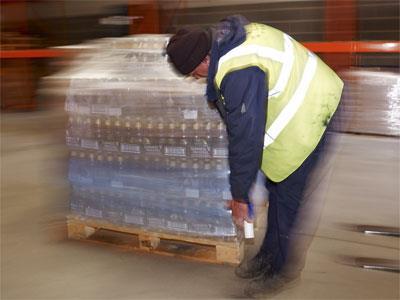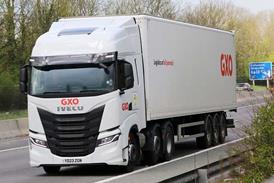
A visit earlier this year to see the team at Pall-Ex covered a lot of topics, including rates and the inescapable industry topic of ever present rate pressure.
Pall-Ex deputy MD Cris Stephenson was unequivocal on the subject, stating the only way to combat rate pressure was for operators to become ever more efficient, something he believes there is still plenty of scope for the industry as a whole to do.
The view chimes with recent data from the DfT that suggests improved efficiency amongst operators has resulted in truck miles falling to their lowest level in 20 years, something the advent of pallet networks such as Pall-Ex have played a part in.
In regards that point, it’s worth noting that achieving greater efficiency doesn’t have to involve anything more taxing than common-sense and co-ordination.
Pallet manufacturer CHEP has just put out a release stating it helped road transport operators on the Continent (the likes of supermarket chain Carrefour in France, Spanish dairy firm CAPSA and bottled water producer San Pellegrino in Italy ) remove 2.9 million kilometres of truck road miles in 2012 via its Collaborative Transportation program.
Simply put, CHEP’s programme is the glue to bring its various customers together, so that they can make greater use of collaborative running and backloads amongst themselves in regards delivery and collection of the manufacturer’s pallets - be they laden with goods and heading to a customer as part of the supply chain, or awaiting return to CHEP.
It’s as simple as that and helped avoid the equivalent of 2,340 metric tons of CO2 being emitted last year, while collectively saving the road transport operators taking part money.
Keith Abrehart, MD of Lenham Storage, is the latest to comment on the pernicious impact decreasing rates are have on the road transport industry, and it's clear he doesn't see an end to it anytime soon, which means for now Stephenson's appears to be the only game in town.













